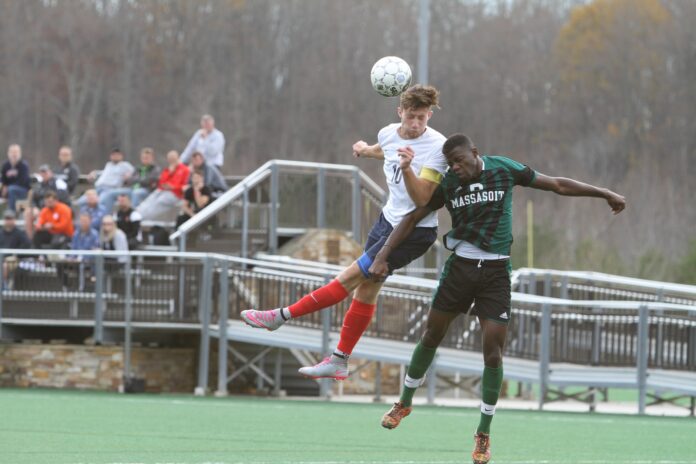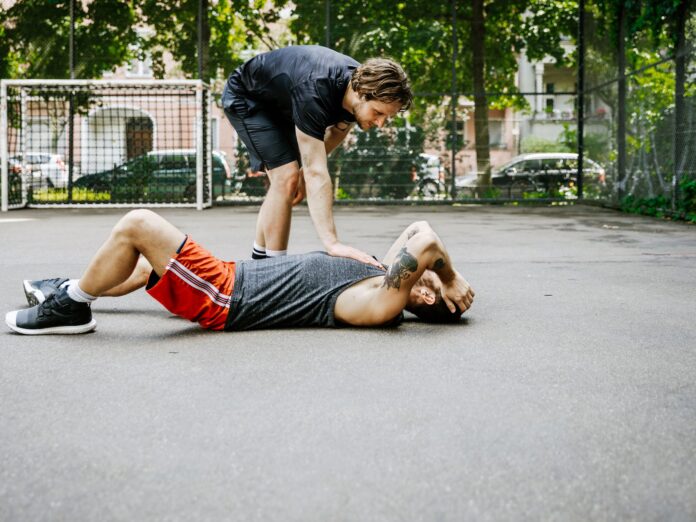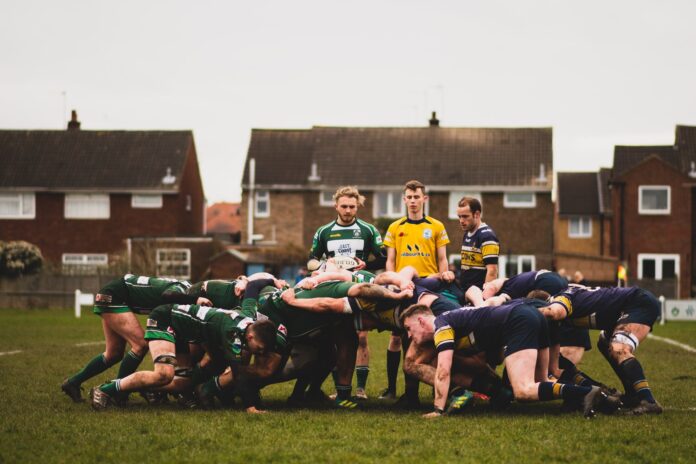Dementia is an illness that causes memory loss and interferes with thinking, language, and problem-solving abilities. Typically, dementia is severe enough that it interferes with a person’s ability to function in daily life. Dementia usually appears in elderly people and is scary to both people who develop it and their loved ones, because although dementia can be treated, it cannot be cured and is still a condition that’s being understood. Dementia can greatly affect how a person lives their life, with speech, cognition, memory, awareness impacts and more.
Since dementia is still being studied and scientists are still discovering new things about the illness, a lot of questions have been raised — one of the biggest being whether there are certain factors that make people at higher risk for developing dementia. People who play sports, particularly athletes who use their head or risk head injuries during competition, may be especially worried that these head injuries over time may lead to complications with memory ability, language loss and overall cognition. Contact sports such as soccer, football, and baseball in particular pose risks, even if players wear helmets and take other precautions to ensure their safety.

The short answer is, scientists still aren’t sure if athletes — especially those participating in contact sports — are more at risk for dementia. The correlation between head injuries and the development of dementia is still uncertain. As time goes on, scientists are beginning to understand dementia even better and what risk factors make a person more at risk for developing dementia. Research is also growing around the risk of contact sports and the consequences of concussions that many players suffer. As these things are better understood, a correlation may be established.
However, the good news is, scientists do believe that if a link between contact sports and dementia does exist, it’s likely to be small. If your child plays football or you hit your head a lot as an athlete growing up, you shouldn’t be worried that this means you or a loved one’s risk of developing dementia has increased. In fact, the most common causes of dementia include Alzheimer’s disease, thyroid problems, side effects from medications, and vitamin deficiencies — not concussions or other head injuries that many athletes experience. You can learn more about Dementia here.
Many retired sports players have come forward in recent years and been more open about the health conditions they’ve experienced after they gave up being an athlete. Many athletes do experience chronic pain and traumatic brain injuries for the rest of their lives, long after playing, so the risk of long-term injuries and consequences when it comes to playing sports should not be ignored.

A Sports Illustrated investigation in 2017 looked specifically at college sports and their impact on the athletes’ long-term health. It noted that torn ligaments and tendons can have a “decade-long toll.” It cited research that shows, among a group of Division I athletes who had a major injury during their college days, 50% had lasting, chronic injuries — a mark that is 2.5 times higher than non-athletes. While football was the most common sport from this study, they found athletes from other sports you might not expect, like diving, baseball and soccer. While this piece didn’t specifically look at the risk of developing dementia, it demonstrates the chances of having a chronic condition later in life, even after hanging up the college jersey. Like everything in life, being an athlete has its pros and cons. And risk of injury is certainly something every athlete has to consider at some point during their playing days.
Whether it’s a contact sport or not, it’s common sense that the risk of getting a head injury should be reduced as much as possible. Traumatic Brain Injuries (TBI), according to the Alzheimer’s Association, may increase the risk of developing Alzheimer’s or another form of dementia years after the date of the brain injury. They are rated on a mild, moderate or severe scale.

A key study in this area of research demonstrated that older adults who had a moderate TBI earlier in life had a 2.3 times greater risk of Alzheimer’s or Dementia. A severe TBI increased that number to 4.5 times greater risk. While these numbers shouldn’t be cause for concern for athletes specifically, it’s important to understand the latest research in TBIs, as they can occur in sports or any other part of life — automobile accidents, falls, assaults, etc. Just because you don’t end up in the hospital after a TBI doesn’t mean you are in the clear when it comes to your brain. Your brain can be injured from a concussion — but you may not choose to seek medical attention, depending on the severity of the injury itself.
Further research about dementia noted 12 lifestyle and health decisions that put a person at increased risk of dementia. It’s worth noting that TBI was included in the list of modifiable risk factors, or things a person can change about their personal risk of dementia. Other items included minimizing diabetes, reducing air pollution, reducing midlife obesity, exercising frequently, avoiding alcohol in excess, maintaining social contact and treating hearing impairment. Some reduce a person’s risk of dementia by reducing risk of brain damage, while others reduce dementia risk by positively boosting and maintaining a person’s cognitive ability.

Overall, it’s important to keep sports safe for everyone who’s playing. You can rest assured knowing that being an athlete does not automatically increase your risk for developing dementia — but keep in mind that the subject is currently under study, and scientists have acknowledged that this is an area that needs a substantial amount of research since so much is unknown about the root causes of dementia.
Until we are able to discover more and understand how to prevent dementia or treat it better, it’s a personal decision as to whether you are comfortable with contact sports and want to be an athlete despite the physical risks that may be involved. You may want to speak to a doctor or other health care professional to better understand your personal situation and risks for dementia later in life, if it’s of concern to you.







